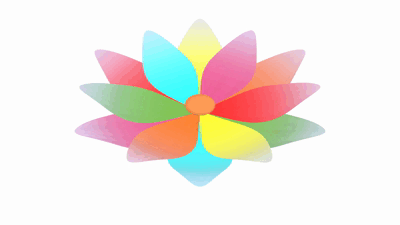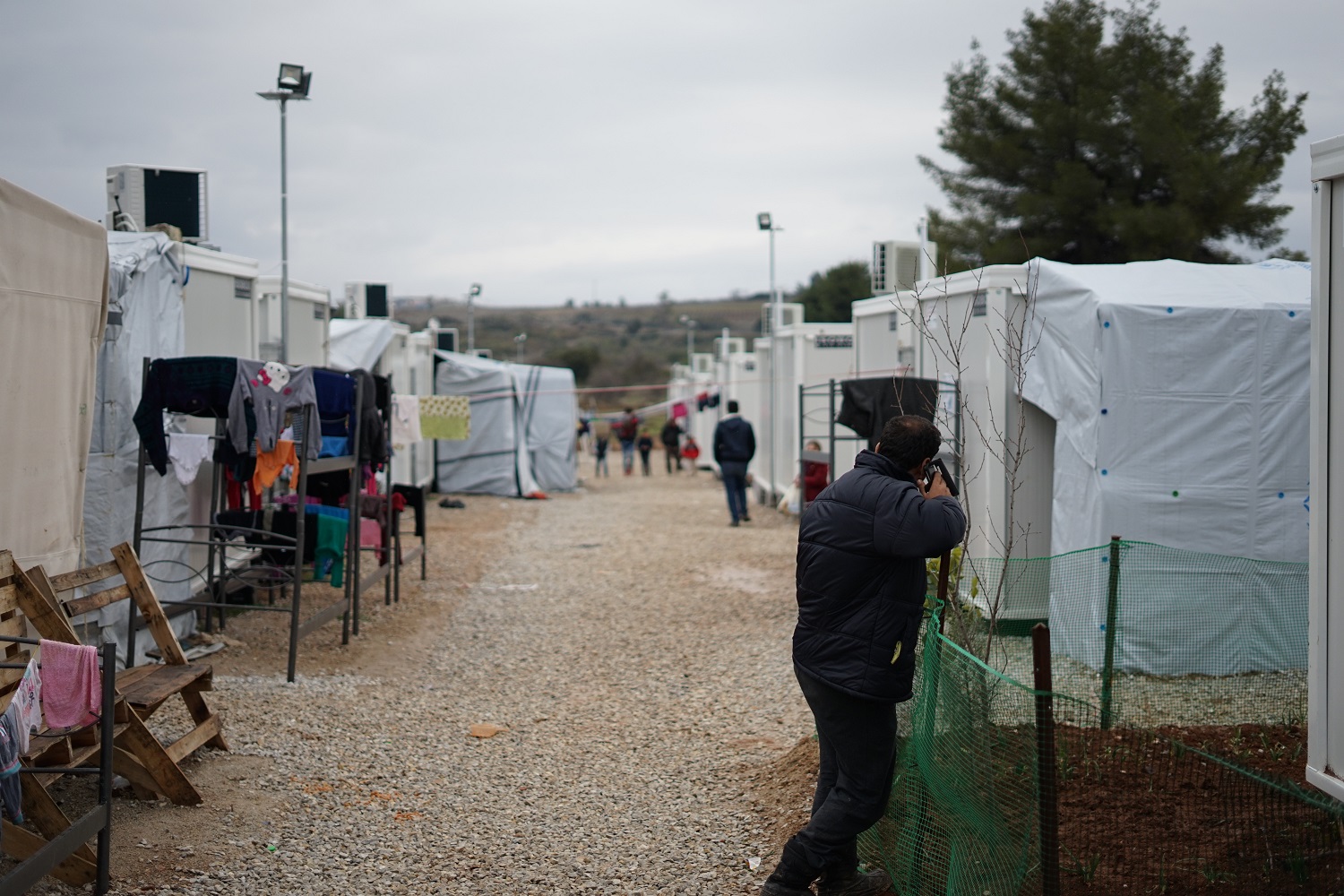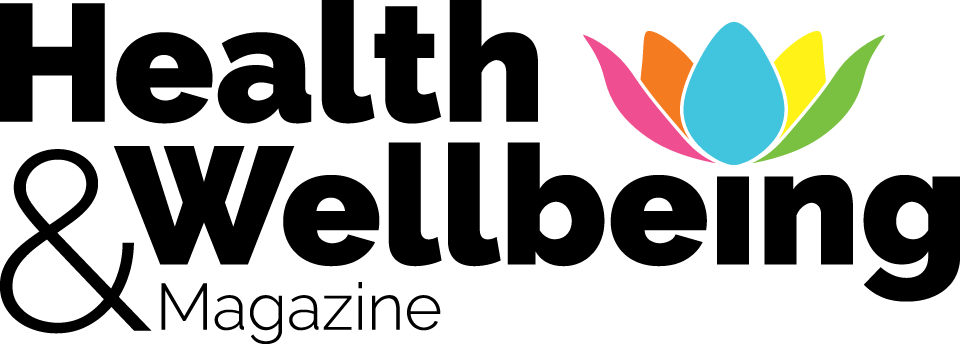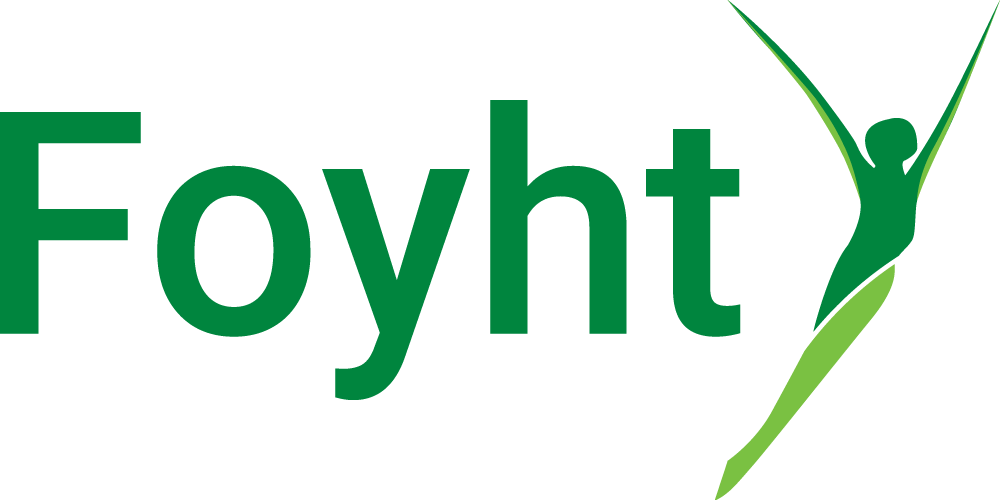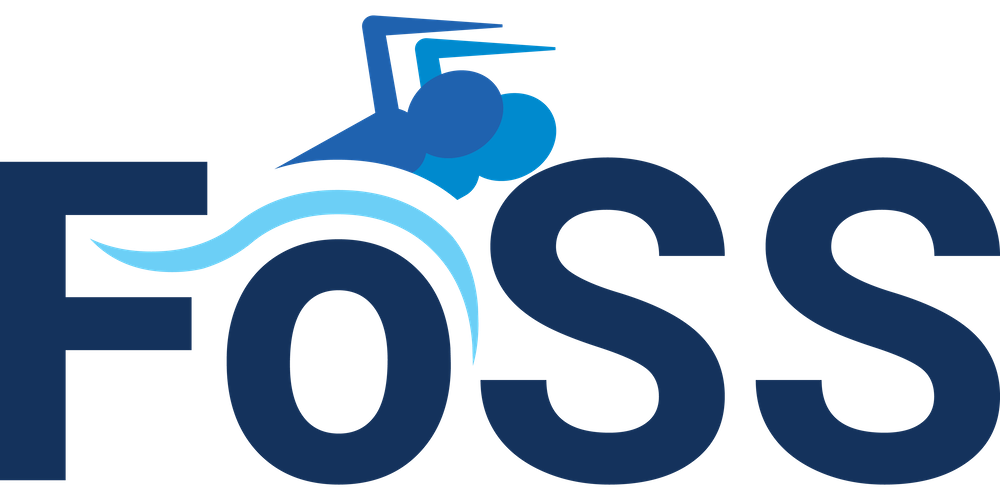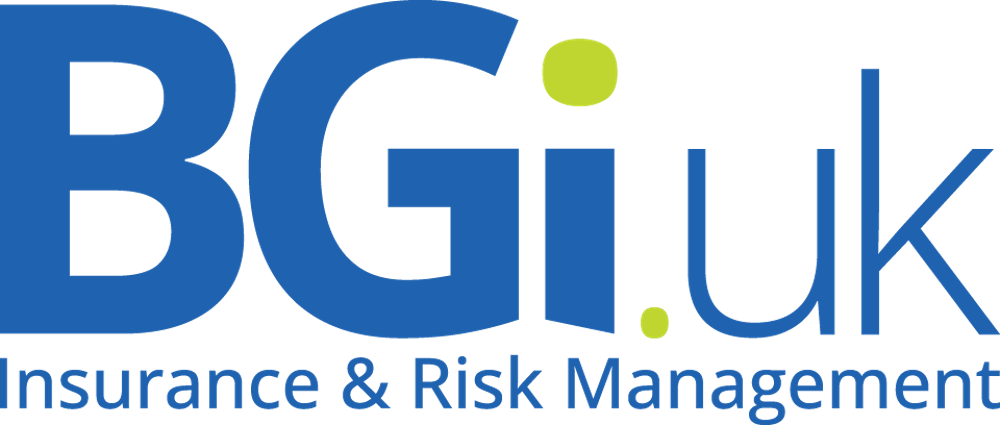Practitioner Learning From Frontline Contexts
To begin with, it was never my intention to re engage with counseling or therapeutic practices learned in my earlier years. After 6 years working in Counter Child Trafficking, I felt an urge to relocate from the UK to Athens in Greece, which was a destination and transit place for forced prostitution.
On arriving 5 years ago, we found ourselves in the middle of the Greek economic crisis struggling to administrate the needs of its own people alongside the refugee crisis. Mass arrivals were in full flow with the nearest Greek island to Turkey being Lesvos. This was now overflowing into Athens as the next stop, filling its city squares and parks fast becoming full of refugee families escaping war and injustice, but now exposed to the elements. Crisis centred resources were slowly implemented on the islands, which would mostly come from western volunteers, but things were slow to transition and engage with the needs of those now lost in limbo on the mainland, at the mercy of a Greek state strategy of almost total hostility. Eventually, a response would be made by many hundreds of volunteers and grass roots groups emerging to help and remaining long after the large NGOs would withdraw, a true baptism by experiential immersion.
It was here that I felt a need to make a shift from working in anti human trafficking to the thousands of people hustled into camps, squats or left to fend for themselves on the streets, several thousand unaccompanied children amongst them, all vulnerable and at risk of exploitation. It is a traffickers dream to have people arrive at their feet with no need to move them across borders themselves. Trafficking in people was never a static thing, it was an evolving business and in a context such as this a new term entered the anti-traffickers vocabulary, ‘exploited on arrival’.
Those working to come alongside those impacted by the crisis, were often people with no previous experience and yet there were some who were battle weary from previous contexts of failed state responses to people fleeing war such as the Calais Jungle in Northern France. It would be here amongst these workers that I would learn the term ‘secondary trauma’, the way in which a worker begins to acquire their own trauma experience after being exposed to the suffering and stories of others and yet, there seemed little to no opportunities for therapeutic support.
The Cyclical Nature of 8
The Healing 8 is a name I have given to a therapeutic observational tool, which was given to me while walking with an Aussie thinker called James Thwaites along a beach in Manly, a suburb of Sydney. He had developed several conceptual tools in his own therapy practice and for some reason the simplicity of this idea is the one which stuck with me and has become profoundly helpful in understanding the internal and external conflicts of those I now work with.
Having plugged into a multi faceted refugee project I decided to place myself in the kitchen which seemed to have the largest amount of volunteers flowing in and out of the space as we cooked food for around 1000 people each day with some young entrepreneurs realising the value of re tasking swimming goggles during the mass onion chopping sessions. Unusually, it was not the needs of the refugees which most caught my eye, it was the condition of the workers who seemed to frequently be near to or beyond burn out. The worst part being, that the majority did not know what they were experiencing or why.
I decided to make a poster and laminate it, a picture of a coffee mug where the handle was an ‘ear’ with the words Gaz Chat Space – contact here for anyone struggling with stress, burn out, relationship problems, or need to vent. The poster moved around various walls over the coming months and still I had not one single contact from the workforce and then in the course of one week, this happened.
I saw one of the long term volunteers who had helped establish this significant project, she was walking around with ‘leaking face’ that thing that happens when your face looks perfectly normal and yet your emotional bucket of unresolved issues refused to obey all your best commands to conform and your eyes begin to leak without your permission. In taking her to one side I asked how she was doing and ‘pop’, there it was, “I’m leaving tomorrow, flying out, and I haven’t told anyone yet. I just need to go, now!”
It wasn’t that I had misread the needs of those constantly exposed to the suffering of others, it was that nothing had been done ‘proactively’ to educate them in regard to self care, signs of burn out, exposure to other peoples trauma etc. All they knew was they were in melt down, coming to the end of a very long piece of rope regarding old coping mechanisms failing one after the other and simply being ‘in feeling’ or as such wonderfully salty souls tend to say; “I’m f$cked”.
Another foundational encounter was when I met a project founder asking me to come in and do some training on ‘vulnerabilities to exploitation’ in their support work with child Afghan and Syrian males. However we never got that far, since in asking how she was, and using my fingers on the side of the coffee cup to illustrate our emotional capacity being full, she said, moving my finger an inch down from the top of the cup “ I’m here at the moment, because I’ve just taken a week off” and with her moving my finger back to full, “and I will be here again by the end of the week”.
Following these encounters I simply began to make myself available for therapeutic support and to be more pragmatic in helping people recover, since supportive chats were not going to be enough. Slowly but surely a trickle of people began to ask for my help and as expected some very clear patterns emerged.
So, what did I learn?
Working with the issues that these people do, in a toxic environment of humanitarian work where the state seems to fight against your progress, Greece will chew you up and spit you out, simple as that. However, it is also a profound place of ‘getting well’ as seemingly happens when a person comes to the end of themselves, or as I will explain, comes to the end of the ‘shelf life’ for old coping mechanisms and survival skills which have been in play since childhood or their teens.
These coping mechanisms, in truth, are to be celebrated, since without them, we would not have got as far as we have, and yet, these seemingly old friends, are now in reality in the way of where we need to go next. “What got you here, can’t get you where you’re going” and where you’re going is into adulthood, towards healthy independence and self actualisation.
I would suggest that as well as the general strain of working in crisis humanitarian contexts, it’s usurping every last drop of your internal emotional capacity and playing havoc with your ability to provide quick and easy comforts for temporary relief, it’s the physicality of being away from home, away from the familiar. These extended and over extended periods away from what is, for some, their context of normal, of peace and rest, means that you have very few places to hide or to recover.
The Eight, laid on its side is the same as the symbol of eternity and can, I hope, give us a sense of journey, a necessary rhythm but a journey to where and from where?
The suggestion is that one side is a place of safety and the other a place or experience, one the place of peace and rest, the other of challenge and exploration. All of us need a place to recover, to gather ourselves back to ourselves and in part this is the basis of most work / life balance, and whilst there can be a physicality to these places of peace, it is also an internal place of calm and restoration which should be part of our normal cycle or flow of life, ebbing and flowing.
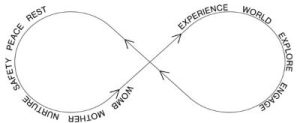
The Healing 8
As we grow and develop it is possible that we need this place less since we have learnt to have better boundaries in work and life which makes our being out in experience more sustainable, but for many this is still a work in progress. The place of nurture is also the place of addressing our core self and as such, our journey out should, we hope, be as one who is increasing well, transformed, changed. A reason for this is that the recovery nurture place is also where critical foundations of the self are laid and perhaps laid anew, enabling much healthier boundaries and an understanding of our needs whether they are unique to us as an individual or common to all.
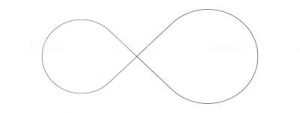
The Eight, laid on its side is the same as the symbol of eternity
At an aspirational level, that is perhaps where we want to be, not in a place of withdrawal but in a place of engagement with an enabling cyclical flow, not in reaction. So what if that place of engagement is toxic and wearing, with all of your familiar places of nurture and safety out of reach or not serving you?
When we can’t recover, we cope, when we can’t disengage, we distract and when we cannot heal, we self comfort. Nothing exposes learned behaviours, adopted coping mechanisms, and people living out of childhood survival mode more than extended periods of stress and exposure to difficult work/life environments. The reality of what it exposes is, in my experience, a whole list of ‘end of shelf life’ coping mechanisms. Coping mechanisms are about managing the self in the context of the world and others, which our launch into life may have informed us is an unsafe place, where we must protect ourselves. It’s why I say the work amongst the refugees and toxic Greek environments will chew you up and spit you out, but it will also lay you bare in such a way that you my grow beyond those things which have simply helped you cope and get through. When coping mechanisms are shown to be limited or are failing as is often the case because they were not ‘forever’ tools, we fall upon comforts, temporary but immediate relief from what we are now feeling, which is exposed, raw and vulnerable. All of the usual suspects come out to play at this point, alcohol, drugs, sex (of the kind which slowly erodes more than affirms), control through food and physical self-harm. Social media and doom scrolling also become places where we can experience trance like ‘switching off’ as a momentary distraction from all that causes us anxiety.
It is at the crossroads of the 8, in between prolonged or harmful exposure and an inability to retreat to what may allow us rest and healing (if we have such a place due to complex history), that we most fall upon our self-medication tools. At least we have those, right? And yet any length of time with our temporary alleviation tools can cause us further harm, perhaps exacerbating, worsening or prolonging our time being over exposed in experience, exploration, world or work with its sense of threat, hostility, unrealistic demands and the continued loss of self.
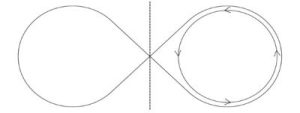
The crossroads of the 8, in between prolonged or harmful exposure and an inability to retreat to what may allow us rest and healing.
Resilience is often a buzz word, especially in our referencing how children have a primal survival capacity in creating ways to deal with that which they need as a child but do not get, and that which no child should experience. Children are not sufficiently equipped to process emotionally or to find some objective distance from their experience, so they simply feel, they feel ‘everything’. Resilience is meant to be a passing resource, a way of dealing with adversity, it is a place we pass through not a place to live and yet it seems many of us do, as we continue to take our childhood survival modes into adulthood with us.
There is one religious text which I feel is relevant to this situation although I find it necessary to give it a bit of a personal re write, I hope you get the idea: ‘When I was a child, I thought like a child, felt things like a child and had to deal with a whole bunch of difficult shit that I wasn’t equipped to work through. But now I am full grown, I can put that stuff down, I can visit it and process it to a degree that only an adult can, I do not need to be afraid of it, nor do I need to live out of it’.
The limitation of the Healing 8 as a tool is that it supposes that the individual has a place that is safe, people or contexts, which are nurturing and restorative. Perhaps it is not actually a limitation, since it brings into the narrative an understanding of a persons foundations or lack thereof, foundations necessary to move towards self-actualisation. It has been a frequent outcome of the dialogue, that the need to cycle back as a process of our journeying outward, highlights the deficits of what one would associate with nurture, rest and recovery. Many of us can find that our need of recovery and nurture exposes that our family or perhaps education contexts were not this and as such a healing walk through our historical journey can bring about the place of peace we are seeking within. Whilst some places of withdrawal may have physicality, in that it can be a building, a geography and people, there is no greater place of recovery than the one, which addresses our ‘inner’ conflicts, cycles of behavior or life inhibiting beliefs.
The thing is, this relates to most of us. If I were to take just two minutes with your eyes closed, describing you holding a lemon, turning it and feeling its texture with your hand, perhaps scoring the skin with a fingernail and smelling that pungent ‘just picked’ aroma, you’re already halfway to remembering its sour taste and with your mouth beginning its saliva inducing reaction. We all have demeaning self- critical voices in our head, some more manageable than others. Given the right environment of stress or crisis, many of those things become louder, becoming present from the unconscious to the conscious. They can rise to the point that they become a dominant narrative or feeling, demanding as they do, that we give them some life changing attention, dealing with them at source if required, cognitively re wiring our thinking. We can take the comment; ‘if you don’t use it, you’ll lose it’ and turn it around in the hope that with tools and resources, we can begin to cease using it, eventually lose it and course correct the ship called ‘me’.
It is why I have come to the conclusion that humanitarian work in a toxic hostile environment such as it is in Greece, where a frequent or constant erosion of the self without access to objective understanding and recovery, can also bring a person face to face with significant opportunities for growth, healing and personal development. It is the nature of all toxic environments that it exposes any inability to withdraw, to recover and perhaps uncovers the life long coping mechanisms, learned long ago, which are no longer fit for purpose. In truth it shows us that those things which got you here, born out of childhood resilience and drawing upon our primal survival mode, cannot always get you where you need to go next, which is towards more life, because surviving is not living.
Main photo by Julie Ricard on Unsplash
